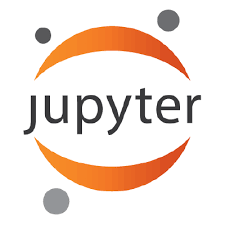Machine Learning (ML) systems, particularly when deployed in high-stakes domains, are deeply consequential. They can exacerbate existing inequities, create new modes of discrimination, and reify outdated social constructs. Accordingly, the social context (i.e. organisations, teams, cultures) in which ML systems are developed is a site of active research for the field of AI ethics, and intervention for policymakers. This paper focuses on one aspect of social context that is often overlooked: interactions between practitioners and the tools they rely on, and the role these interactions play in shaping ML practices and the development of ML systems. In particular, through an empirical study of questions asked on the Stack Exchange forums, the use of interactive computing platforms (e.g. Jupyter Notebook and Google Colab) in ML practices is explored. I find that interactive computing platforms are used in a host of learning and coordination practices, which constitutes an infrastructural relationship between interactive computing platforms and ML practitioners. I describe how ML practices are co-evolving alongside the development of interactive computing platforms, and highlight how this risks making invisible aspects of the ML life cycle that AI ethics researchers' have demonstrated to be particularly salient for the societal impact of deployed ML systems.
翻译:暂无翻译



